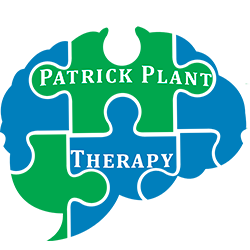This set of FAQs highlights the nature, process, and benefits of therapy, offering useful information to those considering seeking help.
2. How do counselling and therapy work?
Counselling typically involves confidential conversations where clients can express their feelings, thoughts, and experiences. The therapist listens and may offer guidance, support, or techniques to manage issues like stress, anxiety, depression, or relationship problems.
3. What types of therapy are available?
There are various approaches to therapy, including Cognitive Behavioral Therapy (CBT), Psychodynamic Therapy, Person-Centered Therapy, and more. The choice of therapy depends on the client’s needs and the therapist’s expertise.
4. Who can benefit from counselling and therapy?
Anyone experiencing emotional distress, mental health concerns, or personal challenges can benefit from therapy. It’s for people dealing with issues such as anxiety, depression, grief, trauma, relationship problems, or life transitions.
5. What are the main advantages of counselling and therapy?
- Emotional support: Provides a safe space to express emotions.
- Self-awareness: Helps individuals understand their thoughts and behaviors.
- Coping strategies: Offers tools to manage stress, anxiety, and other challenges.
- Personal growth: Facilitates positive changes in thinking and behavior.
6. How long does therapy typically last?
The duration of therapy varies depending on the individual’s goals and the complexity of their issues. It can range from a few weeks to several months or longer. Some clients benefit from ongoing therapy over the years.
7. Is therapy confidential?
Yes, counselling and therapy sessions are confidential. Therapists are bound by ethical guidelines to protect client privacy, except in cases where there is a risk of harm to the client or others.
8. How do I know if I need therapy?
If you’re struggling with persistent negative emotions, anxiety, stress, or difficulties in relationships, therapy can help. It’s also useful when you feel stuck, overwhelmed, or unable to cope with daily life challenges.
9. What is the difference between counselling and therapy?
While the terms are often used interchangeably, counselling is typically shorter-term and focused on specific issues, whereas therapy (or psychotherapy) may address deeper, long-term patterns and mental health concerns.
10. How can therapy improve my mental health?
Therapy can help you develop better coping mechanisms, build emotional resilience, and improve communication skills. It fosters mental clarity, reduces symptoms of anxiety or depression, and leads to a greater sense of fulfillment in life.

